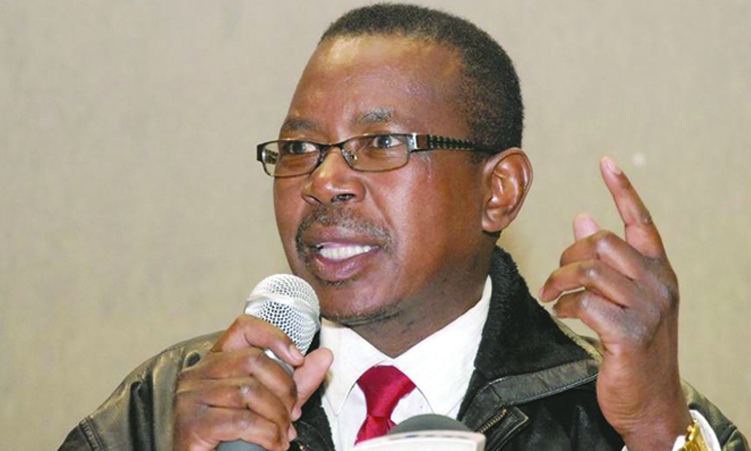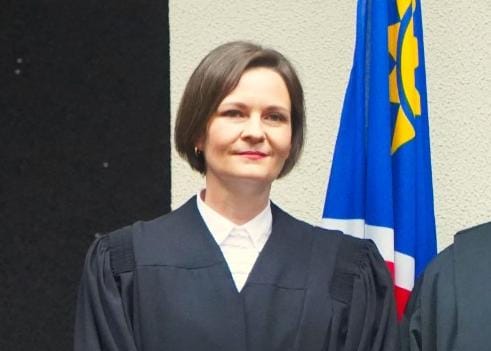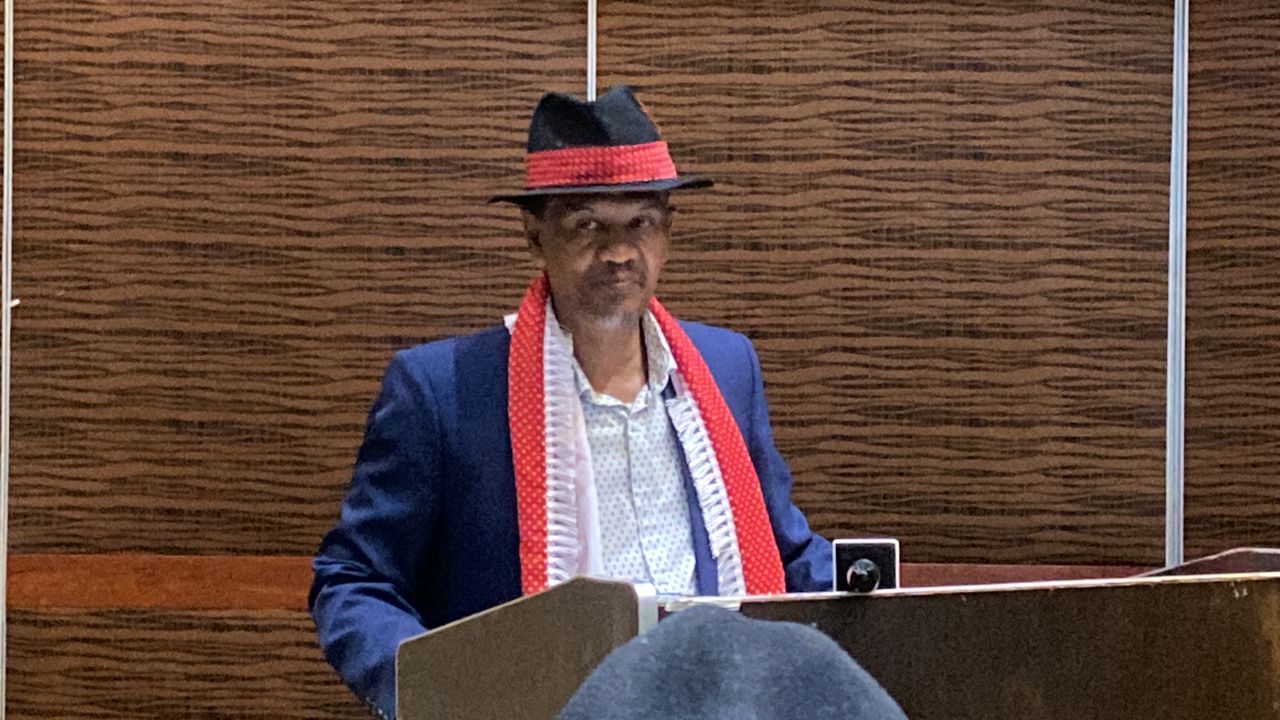Some political analysts have criticised Swapo for hitting the campaign trail for the November elections without a finanlised party manifesto.
Political analyst and former Swapo think tank member Ben Mulongeni says this leads campaigners speaking “rubbish” at mini-rallies. “Usually, the manifesto would be ready by March, and launched by April or May.
That would direct campaigners to have uniformity and send the same message. Now we have people campaigning from the back of their minds,” he says.
He says releasing a manifesto late won’t give party members ample time to digest, internalise and scrutinise it.
Mulongeni accuses the party of being “ideologically captured”, lacking a clear line of instruction. He says two people from the same organisation providing different answers to the same issue is a red flag. Political analyst Nduma Kamwanyah says it’s important that voters are given sufficient time to consider manifestos. “Instead of waiting until the last minute and expecting voters to consider you, release the manifesto early and promptly, in line with openness and transparency,” he says.
Kamwanyah, however, says Namibian voters do not vote based on manifestos. “It’s unfortunate that most voters look at party history, the candidate presented, the ethics orientation and the past struggle for independence. “The dilemma of our democracy is that voters don’t consider whether the party or a leader is presenting a credible policy direction or not,” he says.
Kamwanyah says all the parties are guilty of the same offence.
Political analyst Johannes Coetzee says not having a manifesto will create a perception that a party does not know where it is going.
He says the roadmap of direction seems to be lost after former president Hage Geingob’s death. “A clear manifesto allows campaign strategies to be implemented soonest to convince potential voters that you have a clear plan as the government of the day for the next five years,” Coetzee says.
He says the matter can be interpreted as indecisiveness, infighting and a vacuum of leadership.
“There is a growing generation gap between younger contenders for the top positions in the party hierarchy and the older generation of liberation veterans. Uncertainty about the manifesto has an impact on the cohesiveness of a party,” he says. “Swapo has failed miserably in renewing itself and to liberate itself economically and morally from its past glory that led to independence.
“Because of this, inability to question itself in terms of its appeal to younger voters, increasing voter apathy, rising unemployment and moral issues about the Fishrot scandal, SME Bank and the Government Institutions Pension Fund without accepting any liability, the ruling party seems suddenly not so certain any more that it is on track to secure at least 51% at the polls,” he says.
‘WORK IN PROGRESS’
On Saturday, Swapo think-tank chairperson Andrew Niikondo said the party is still busy working on its manifesto.
“We are looking at when to release the manifesto, but the ideal time is at the end of September,” he said. Niikondo said he doesn’t think releasing the manifesto late would have an impact on the party’s campaigns.
NOT URGENT
Meanwhile, Swapo spokesperson Hilma Nicanor says the issue of the manifesto is not urgent. She says the party manifesto is ready and the party is deciding on a launch date. “We are not a party that promises people what we are going to do for them. We have always delivered and we will continue to deliver services and on the needs of the Namibian people. That’s all we are going to renew,” she says. Nicanor says the party has captured the youth through its election theme ‘Unity in Diversity: Natural Resources and Youth Empowerment for Sustainable Development’.
Stay informed with The Namibian – your source for credible journalism. Get in-depth reporting and opinions for
only N$85 a month. Invest in journalism, invest in democracy –
Subscribe Now!





